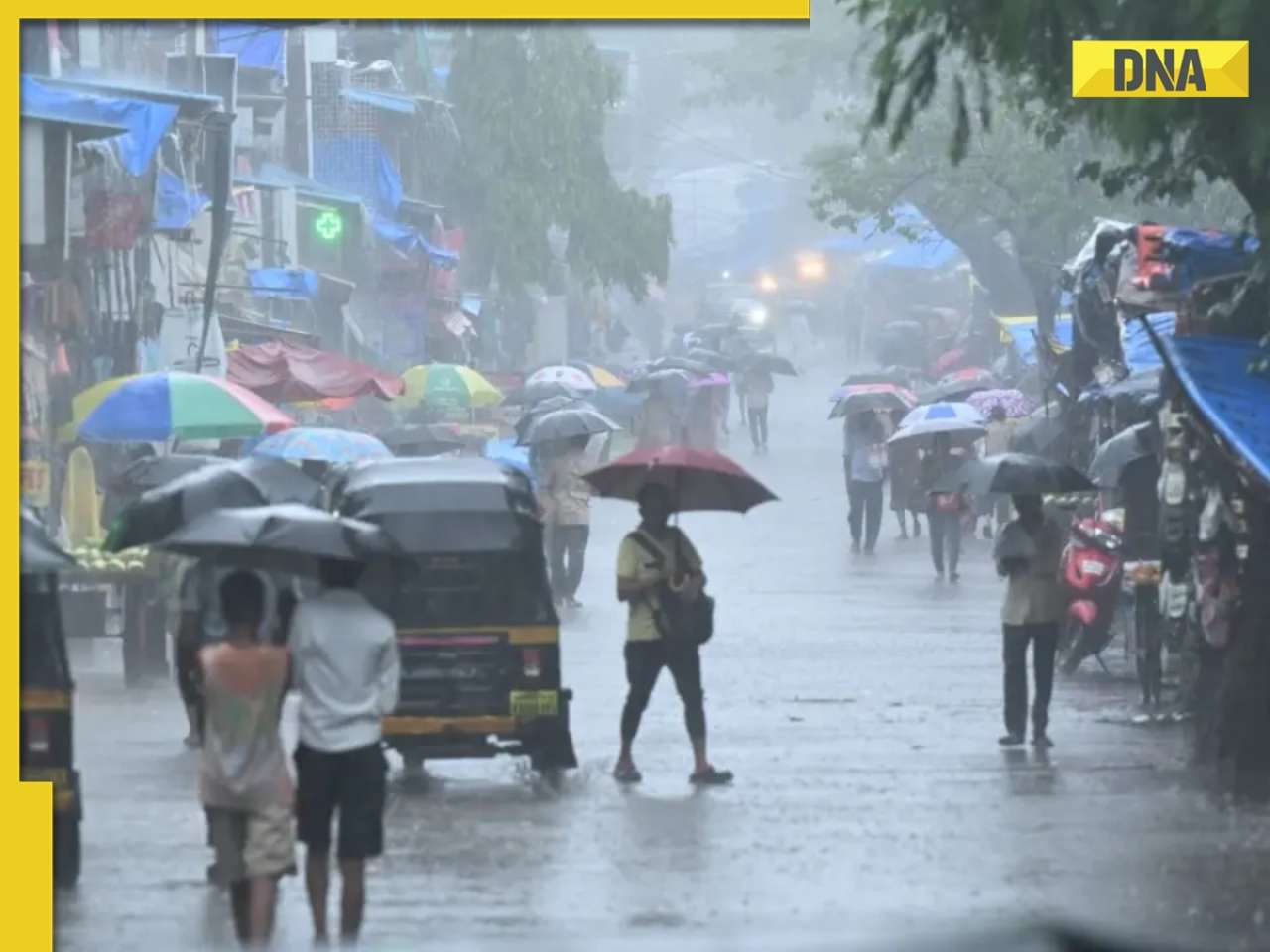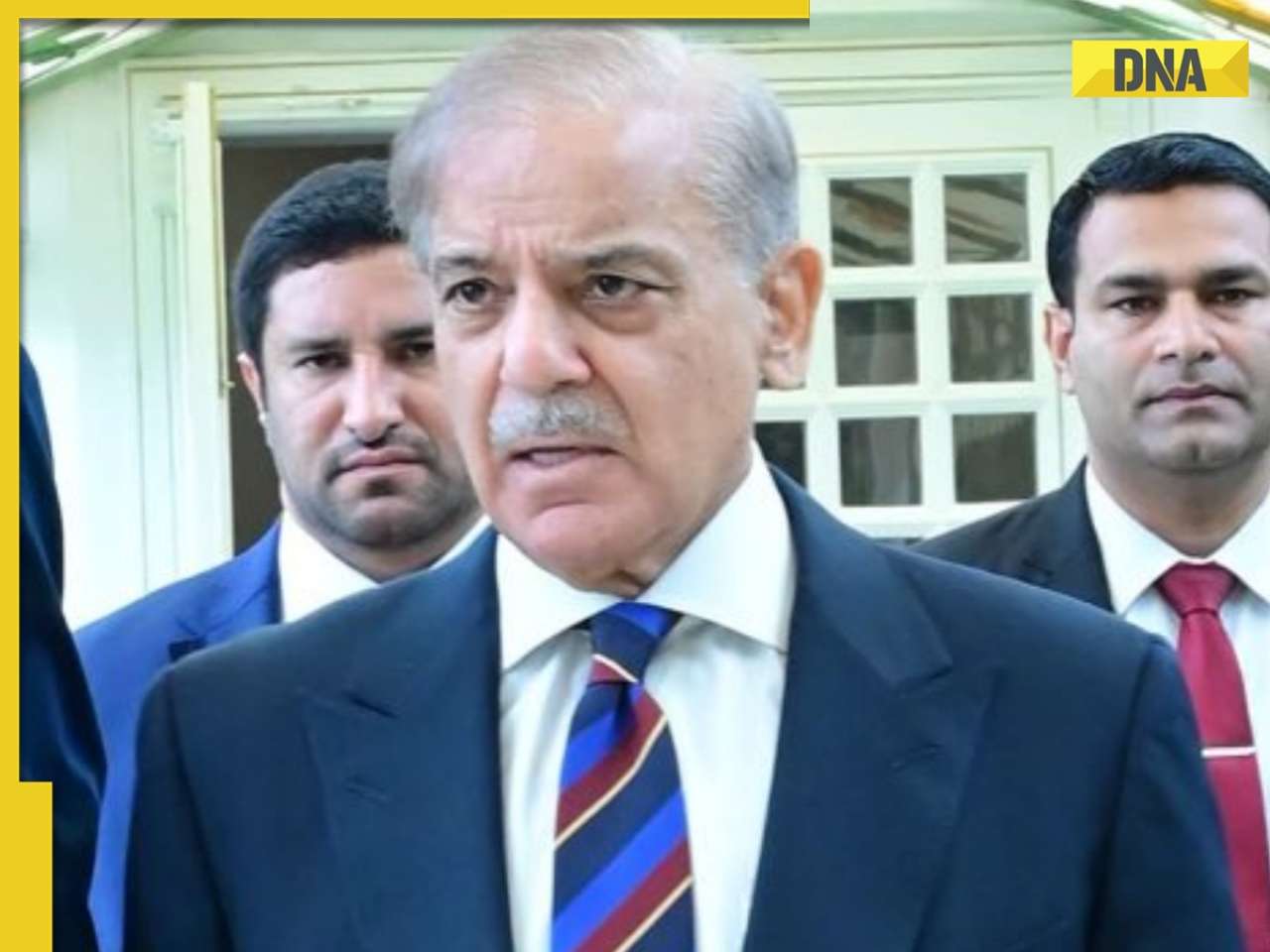Since Xi took power in 2012, he has expanded and strengthened the role of party-led coordination groups.
Twelve years after becoming China’s most powerful leader, President Xi Jinping may be preparing to share more responsibilities with his deputies. According to a report by the South China Morning Post, recent changes in the Communist Party of China (CPC) hint at a shift in how decisions are made at the top. On June 30, the 24-member Politburo—the party’s highest decision-making body—approved new rules for “party coordinative institutes.” These are key organisations that manage cross-agency work in important areas like national security, the economy, and technology. The state news agency Xinhua said the new rules aim to make the policy-making process more standardised and organised. The rules ask these institutes to focus on “planning, discussing, and checking on major matters.”
According to reports, this may signal that Xi is starting to hand over more day-to-day responsibilities to his team.
Since Xi took power in 2012, he has expanded and strengthened the role of party-led coordination groups. Many of these were once “leading small groups” but have since become powerful “central commissions.” These commissions now play key roles in overseeing government work and aligning policies with party goals.
For example, the party’s Hong Kong and Macau group was upgraded in 2020 and took over the powers of the State Council’s office in 2023. Similar changes have been made in financial regulation, religion, and overseas Chinese affairs, according to Firstpost.
In 2023, new commissions led by Xi’s close allies were launched. Premier Li Qiang now heads the Central Financial Commission, and Vice-Premier Ding Xuexiang leads the Central Science and Technology Commission. Xi’s chief of staff, Cai Qi, now oversees cyberspace policy—once a role held by Xi himself.
These moves may reflect the beginning of a quiet transition, as Xi builds a team to carry forward his vision, possibly beyond his term.
Find your daily dose of All
Latest News including
Sports News,
Entertainment News,
Lifestyle News, explainers & more. Stay updated, Stay informed-
Follow DNA on WhatsApp.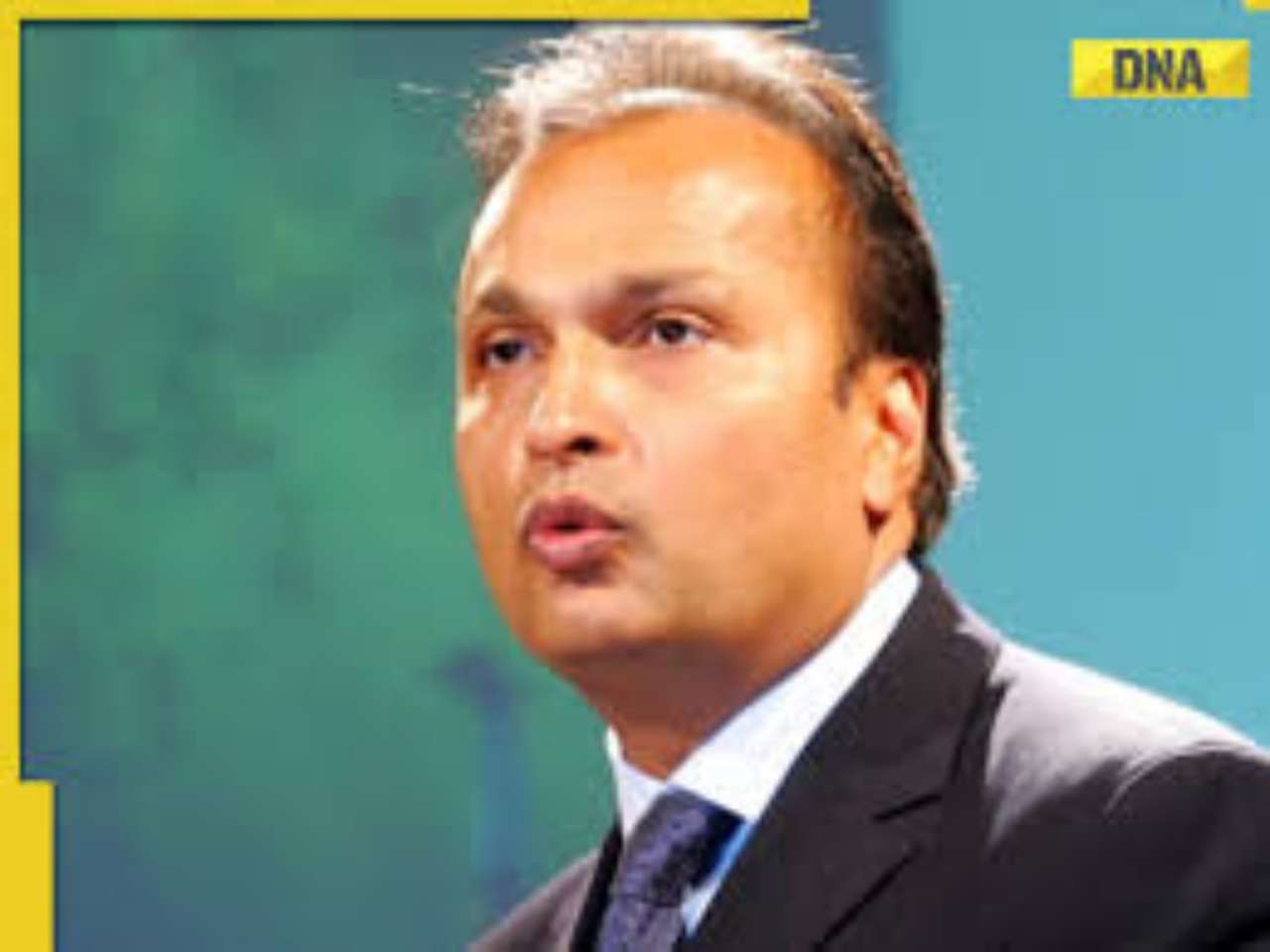 ED conducts raids at businesses linked to Anil Ambani
ED conducts raids at businesses linked to Anil Ambani Anant Ambani, Radhika Merchant visit London's Swaminarayan Temple days after their first wedding anniversary, Mukesh Ambani joins them, watch viral video
Anant Ambani, Radhika Merchant visit London's Swaminarayan Temple days after their first wedding anniversary, Mukesh Ambani joins them, watch viral video Hari Hara Veera Mallu X review: Pawan Kalyan creates 'mass hysteria' in cinemas, fans hails his film 'perfect blend' of emotions with 'rich visuals'
Hari Hara Veera Mallu X review: Pawan Kalyan creates 'mass hysteria' in cinemas, fans hails his film 'perfect blend' of emotions with 'rich visuals' Bad news for employees as this IT giant delays onboarding, 600 left without job, not Narayana Murthy's Infosys, Azim Premji's Wipro, Google, Amazon, it is...
Bad news for employees as this IT giant delays onboarding, 600 left without job, not Narayana Murthy's Infosys, Azim Premji's Wipro, Google, Amazon, it is...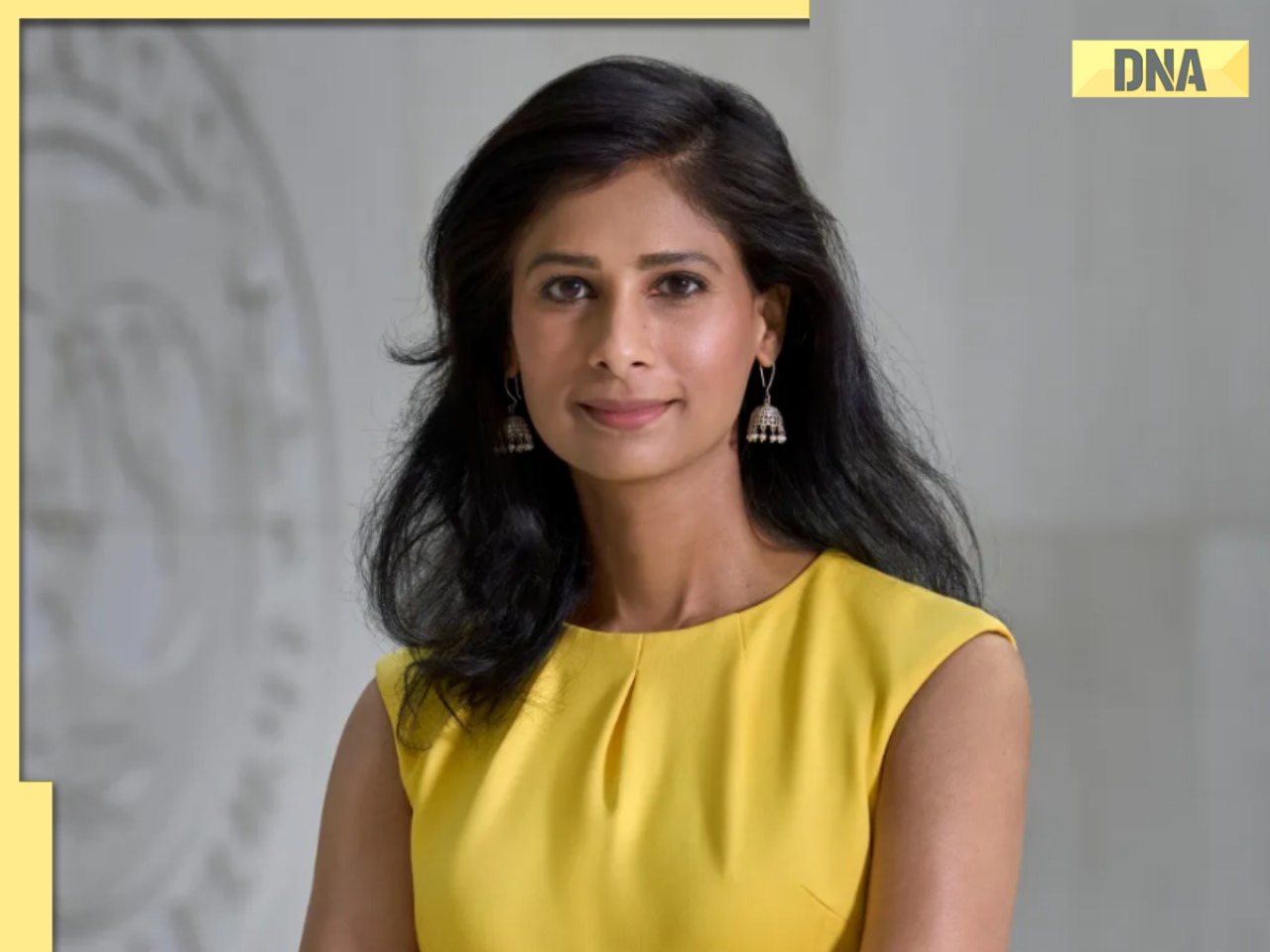 Gita Gopinath's IMF salary vs Harvard salary: How much will IMF deputy managing director earn when she returns to Harvard University in August
Gita Gopinath's IMF salary vs Harvard salary: How much will IMF deputy managing director earn when she returns to Harvard University in August Iphone Fold: Apple’s iPhone Fold Could Solve Samsung’s Biggest Foldable Problem | Samsung Z Fold 7
Iphone Fold: Apple’s iPhone Fold Could Solve Samsung’s Biggest Foldable Problem | Samsung Z Fold 7 Trump News: Congress Seeks Answers On Trump's Alleged Mediation In Operation Sindoor
Trump News: Congress Seeks Answers On Trump's Alleged Mediation In Operation Sindoor Odisha News: Minor Burnt To Death In Puri Family Reveals Shocking Attack Details | Puri News
Odisha News: Minor Burnt To Death In Puri Family Reveals Shocking Attack Details | Puri News Odisha News: Minor Girl Burnt By 3 Men Days After Balasore Self-Immolation | Puri News
Odisha News: Minor Girl Burnt By 3 Men Days After Balasore Self-Immolation | Puri News Saiyaara: Who Is Ahaan Panday, Ananya’s Cousin, To Debut In YRF’s Mohit Suri Love Story
Saiyaara: Who Is Ahaan Panday, Ananya’s Cousin, To Debut In YRF’s Mohit Suri Love Story ED conducts raids at businesses linked to Anil Ambani
ED conducts raids at businesses linked to Anil Ambani Bad news for employees as this IT giant delays onboarding, 600 left without job, not Narayana Murthy's Infosys, Azim Premji's Wipro, Google, Amazon, it is...
Bad news for employees as this IT giant delays onboarding, 600 left without job, not Narayana Murthy's Infosys, Azim Premji's Wipro, Google, Amazon, it is... Narayana Murthy's Infosys gives BIG update on salary hike, says, ‘Next one we'll have to…’
Narayana Murthy's Infosys gives BIG update on salary hike, says, ‘Next one we'll have to…’ Meet Eva Jobs, daughter of Steve Jobs, set to marry Harry Charles in lavish wedding worth Rs..., know who is richer
Meet Eva Jobs, daughter of Steve Jobs, set to marry Harry Charles in lavish wedding worth Rs..., know who is richer  Blackrock prohibits employees from using...in China, know why US companies are struggling to operate in China
Blackrock prohibits employees from using...in China, know why US companies are struggling to operate in China  From Baa to Gomzy, these Kyunki Saas Bhi Kabhi Bahu Thi characters we won't see again in reboot
From Baa to Gomzy, these Kyunki Saas Bhi Kabhi Bahu Thi characters we won't see again in reboot Veer-Zaara to Kal Ho Naa Ho: 7 unforgettable Bollywood love stories that still make us cry
Veer-Zaara to Kal Ho Naa Ho: 7 unforgettable Bollywood love stories that still make us cry Kollywood star Suriya turns 50: A look at his net worth, best films, what’s next for the Karuppu actor
Kollywood star Suriya turns 50: A look at his net worth, best films, what’s next for the Karuppu actor Sonu-Titu to Bikram-Bala: 5 legendary Bollywood duos who gave us friendship feels
Sonu-Titu to Bikram-Bala: 5 legendary Bollywood duos who gave us friendship feels How rich is Yuzvendra Chahal? A peek into cricketer's Rs 45 crore net worth, IPL salary, luxury life
How rich is Yuzvendra Chahal? A peek into cricketer's Rs 45 crore net worth, IPL salary, luxury life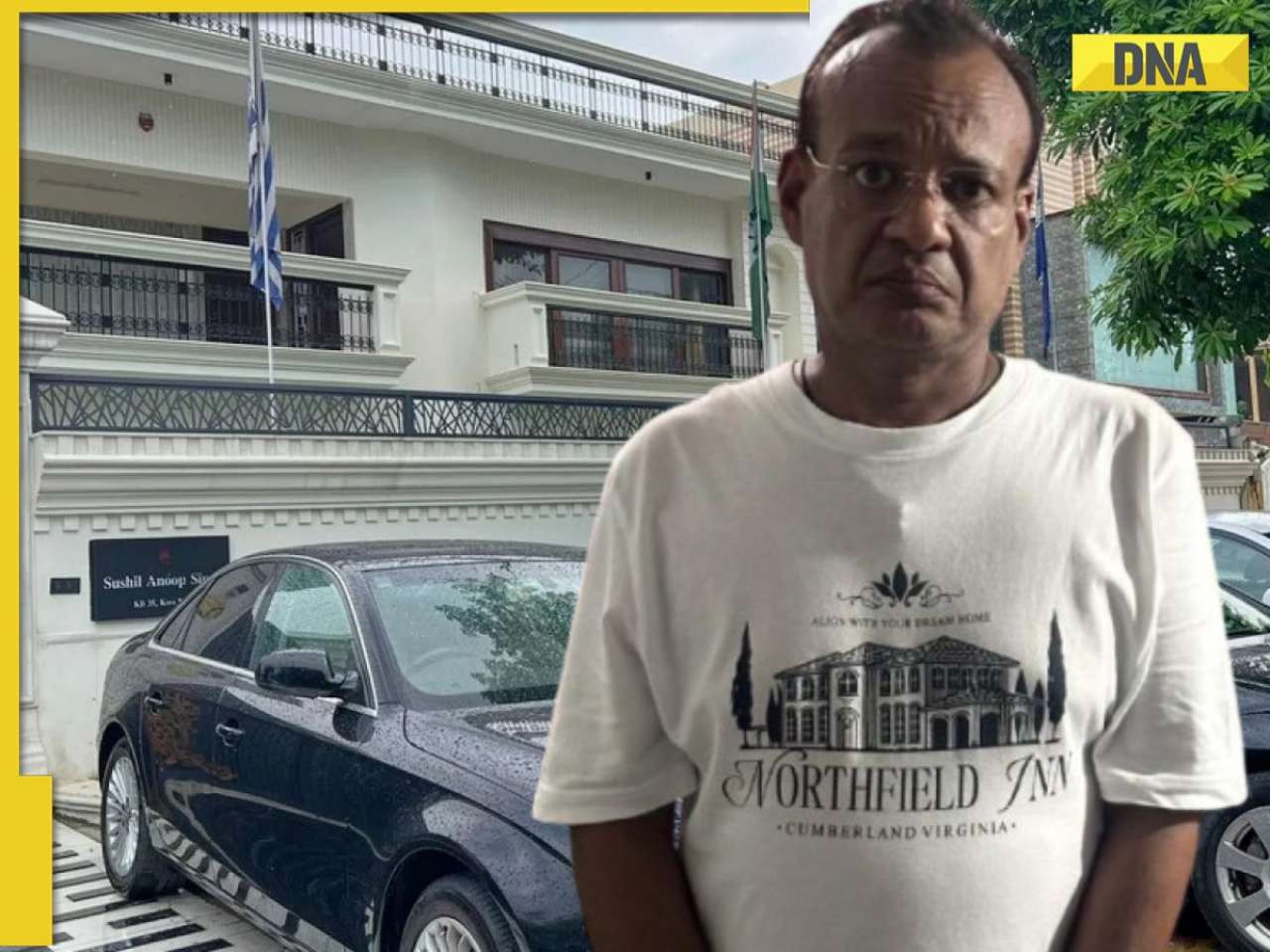 Who is Harshvardhan Jain? Ghaziabad man busted for running fake embassy posing as diplomat, UP STF seizes 4 luxury cars, Rs 44 lakh cash, and...
Who is Harshvardhan Jain? Ghaziabad man busted for running fake embassy posing as diplomat, UP STF seizes 4 luxury cars, Rs 44 lakh cash, and...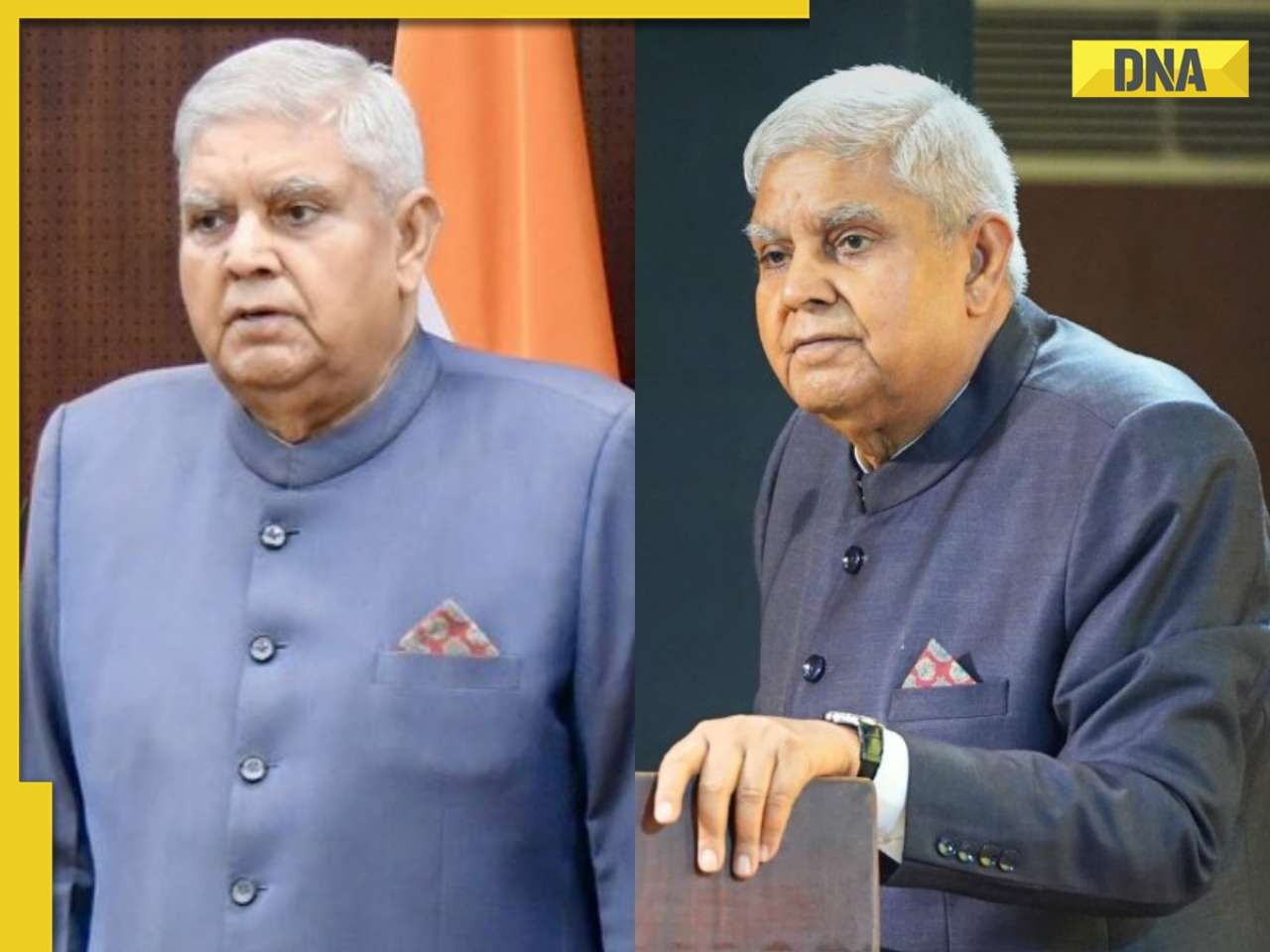 DNA Verified: Jagdeep Dhankhar asked to vacate his official residence immediately? Know the truth behind viral claim
DNA Verified: Jagdeep Dhankhar asked to vacate his official residence immediately? Know the truth behind viral claim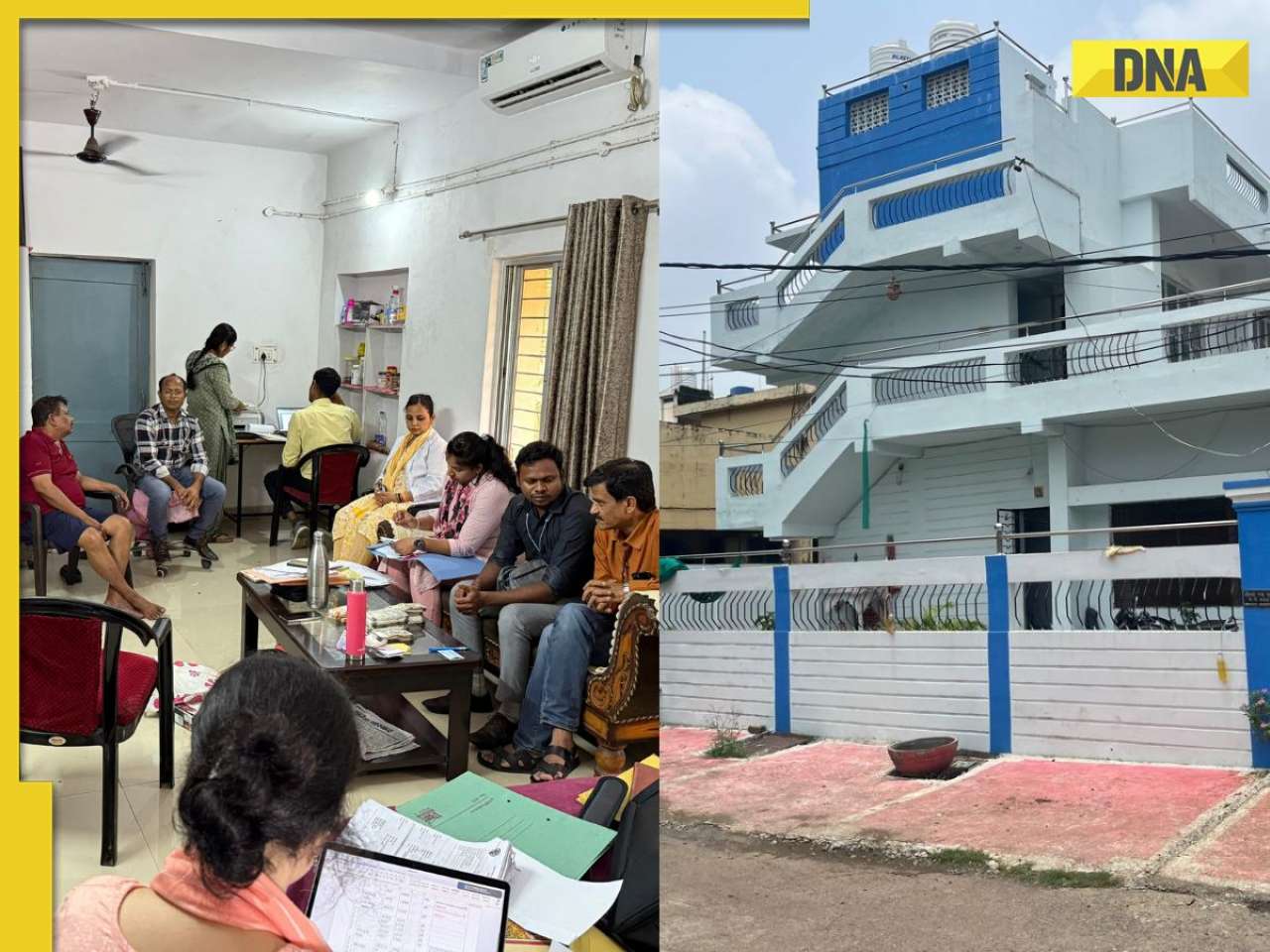 Shocking! Tiger Hide, expensive liquor among assets worth whopping Rs...,found in raid on massive properties
Shocking! Tiger Hide, expensive liquor among assets worth whopping Rs...,found in raid on massive properties  Gujarat ATS arrests 4 al-Qaeda linked terrorists from...; Accused of spreading Islamic propaganda through...
Gujarat ATS arrests 4 al-Qaeda linked terrorists from...; Accused of spreading Islamic propaganda through... Delhi Rains: Yamuna 0.37 metre away from its WARNING level as water reaches...
Delhi Rains: Yamuna 0.37 metre away from its WARNING level as water reaches...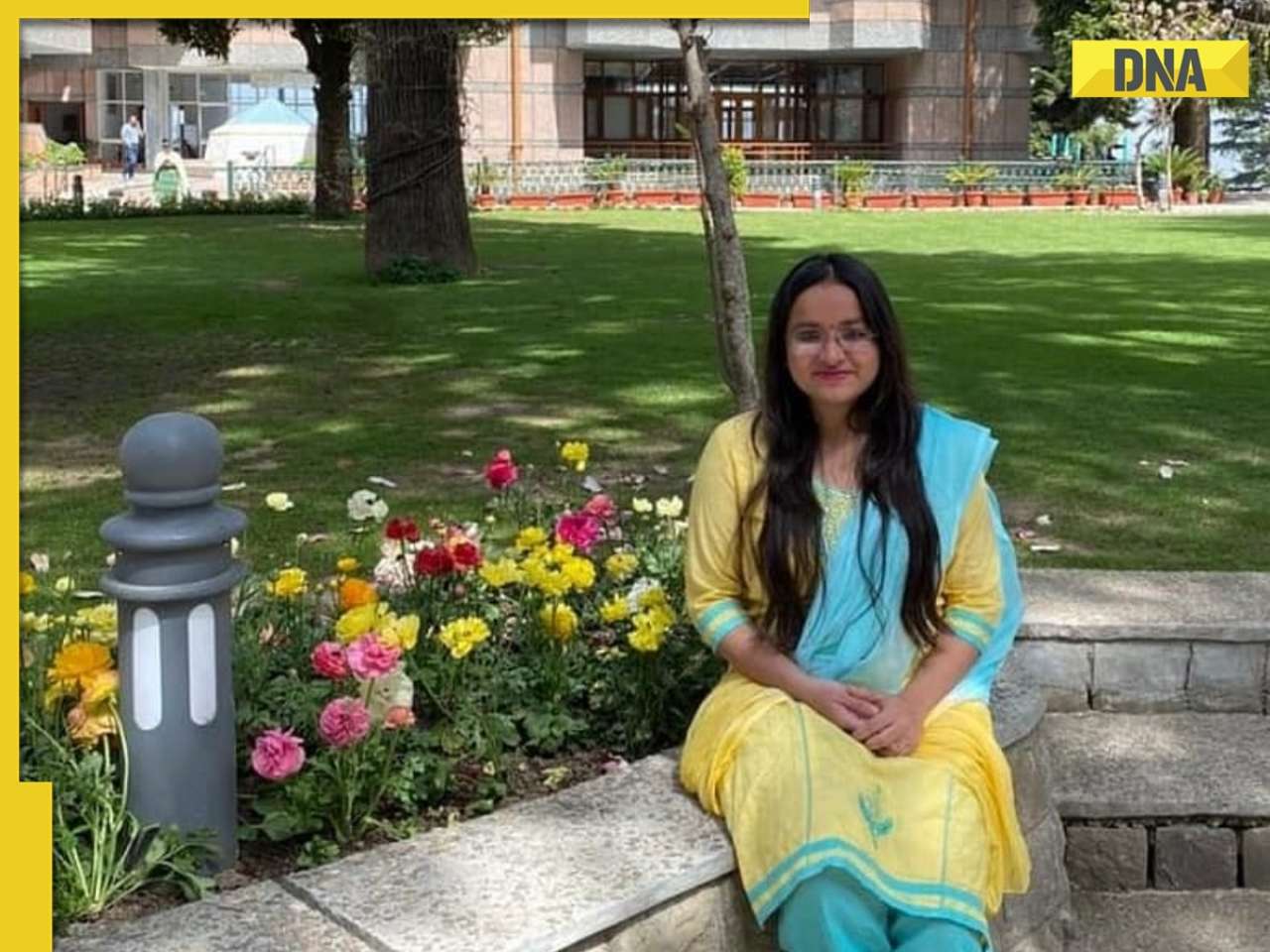 Meet woman, IIT grad who left high-paying job to crack UPSC exam, got AIR..., now posted at...
Meet woman, IIT grad who left high-paying job to crack UPSC exam, got AIR..., now posted at... Meet IAS officer, IIT graduate who cracked UPSC, climbed Mount Everest twice, currently posted in..., his name is...
Meet IAS officer, IIT graduate who cracked UPSC, climbed Mount Everest twice, currently posted in..., his name is... Meet Samaira Hullur, who cracked 6 aviation exams to become India's..., she is from...
Meet Samaira Hullur, who cracked 6 aviation exams to become India's..., she is from... Meet woman who cleared UPSC exam in her 7th attempt at age 40, after becoming a mother of two, became IAS officer with AIR...
Meet woman who cleared UPSC exam in her 7th attempt at age 40, after becoming a mother of two, became IAS officer with AIR... Meet woman who cracked UPSC exam in first attempt at the age of 21 with AIR..., but did not become IAS, IPS due to..., currently she is working in...
Meet woman who cracked UPSC exam in first attempt at the age of 21 with AIR..., but did not become IAS, IPS due to..., currently she is working in... Maruti Suzuki's e Vitara set to debut electric market at Rs..., with range of over 500 km, to launch on...
Maruti Suzuki's e Vitara set to debut electric market at Rs..., with range of over 500 km, to launch on...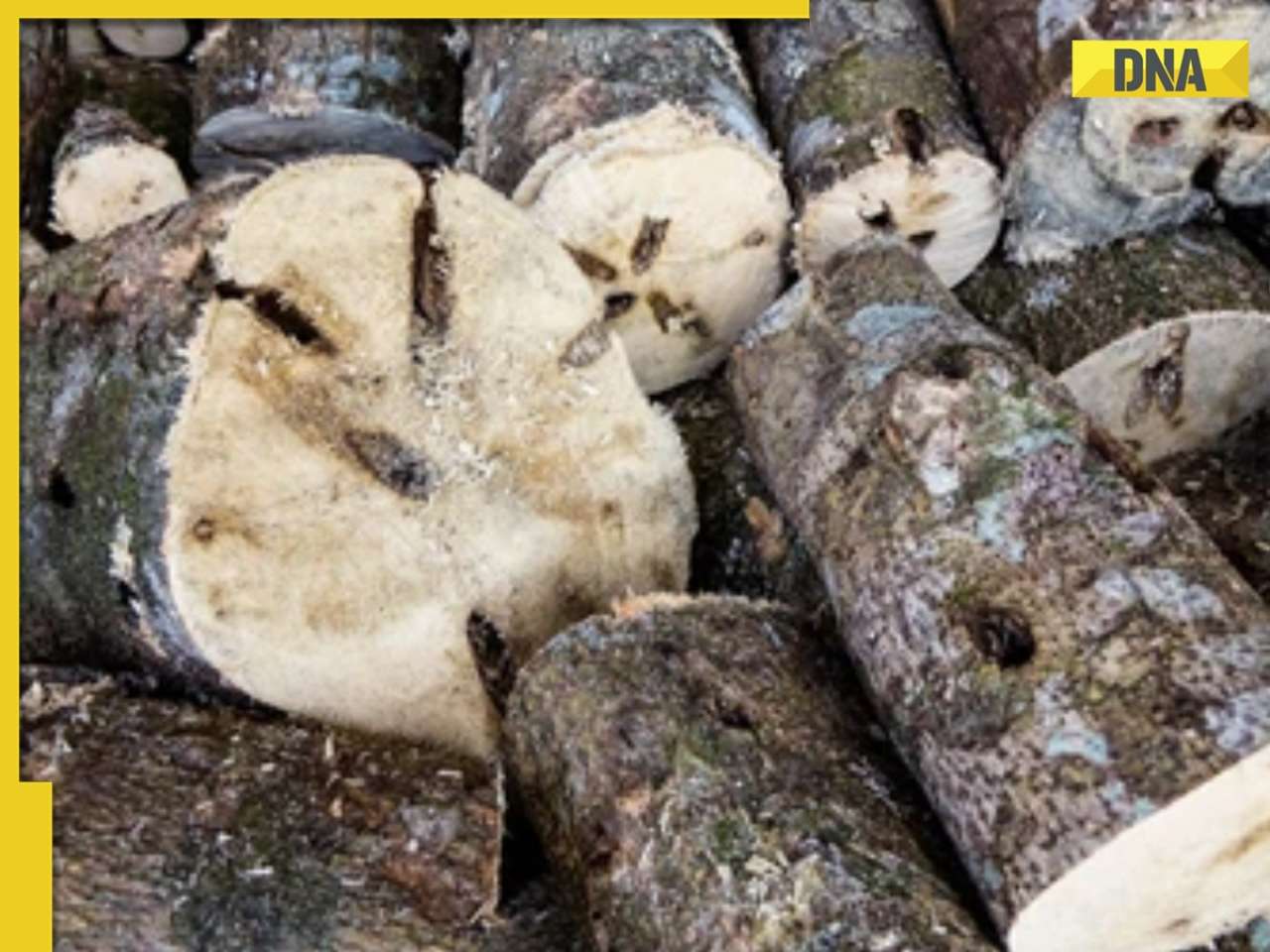 This is world’s most expensive wood, cost of 1kg wood is more than gold, its name is..., is found in...
This is world’s most expensive wood, cost of 1kg wood is more than gold, its name is..., is found in... This luxury car is first choice of Indians, even left BMW, Jaguar, Audi behind in sales, it is...
This luxury car is first choice of Indians, even left BMW, Jaguar, Audi behind in sales, it is... Kia India unveils Carens Clavis: Check features, design changes, price and more; bookings open on...
Kia India unveils Carens Clavis: Check features, design changes, price and more; bookings open on... Tesla CEO Elon Musk launches most affordable Cybertruck, but it costs Rs 830000 more than older version, it is worth Rs...
Tesla CEO Elon Musk launches most affordable Cybertruck, but it costs Rs 830000 more than older version, it is worth Rs...










)
)
)
)
)
)
)
)
)
)
)
)
)
)
)
)


